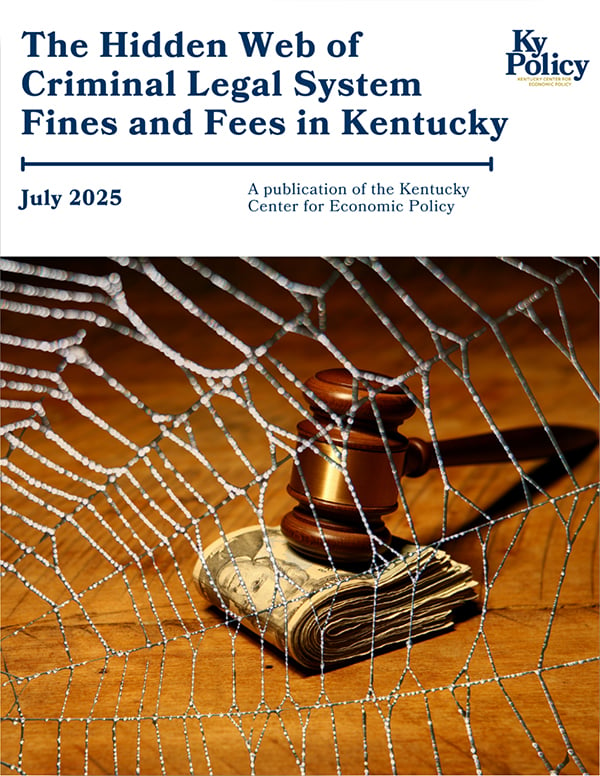Cincinnati Zoo & Botanical Garden’s ring-tailed lemur population just doubled after two young females, sent to the Zoo last year on a breeding recommendation from the Association of Zoos and Aquariums’ (AZA) Species Survival Plan (SSP), gave birth within days of each other.
Five-year-old Izze gave birth to a single pup on Friday afternoon, July 28, and three-year-old Willow produced twins late July 31.
“Ring-tails are the flagship species for lemur, prosimian and Madagascar conservation awareness and these three little ones are the newest flagbearers,” said Ron Evans, Curator of Primates and Prosimian Taxon Advisory Group Steering Committee member.

“Through collaborative science-based breeding programs and sound husbandry, North American Zoos are collectively preserving the species while raising awareness about urgent conservation needs. The SSP and Cincinnati’s primate team work hard to protect Izze, Willow, Ivan, the three little flagbearers and lemurs around the world.”
Both first-time moms are doing a great job with their babies. Visitors can see, if they’re patient and pay careful attention, the whole troop, including first-time dad Ivan, at Lemur Lookout.
“I was excited to hear about the newborn ring-tailed lemur,” said Bob Lessnau, who spent years working with this species in the field before coming to Cincinnati to head up the Zoo’s animal division. “The stability of ring-tailed lemur populations in Zoos is crucial as wild populations endure dire straits. Like most prosimians in Madagascar, ring-tailed lemurs are threatened by habitat destruction and the bush-meat trade.”
Once a threatened species, ring-tailed lemurs are now classified as endangered and numbers are declining. Although widely distributed throughout the forests of southern and southwestern Madagascar, the charismatic creatures exist in only a few protected areas. They are the most easily recognizable lemur and the species most commonly encountered in Zoos.
“In addition to the challenges they face in the wild, lemurs are also irresponsibly reproduced by private owners and sold as pets with little concern about genetics, inbreeding or their complex social needs. Many times, they are housed in isolation from others of their kind and receive very poor care. Many are turned loose and dumped off at sanctuaries that struggle keep up. Zoo’s are dedicated to educating our guests, friends and followers not to buy primates as they cannot thrive as pets or on a leash,” said Evans.

















